Life
Sign up for our newsletter
We summarize the week's scientific breakthroughs every Thursday.
-
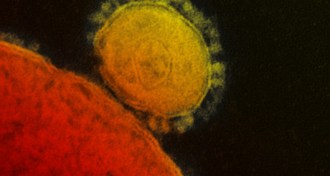 Life
LifeMolecule stops MERS spread among cultured human cells
The molecule interacts with the protein the MERS virus uses to enter a cell.
-
 Neuroscience
NeuroscienceBig science for lean times
The greatest promises of brain research — a cellular description of thought and behavior and, even more importantly, strategies to battle disorders of the brain — have yet to be fulfilled. Making good on those promises is the motivation behind the federal BRAIN Initiative.
By Eva Emerson -

-
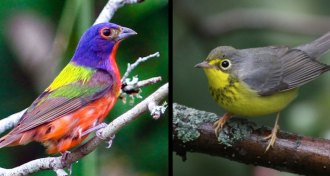 Animals
AnimalsWindows may kill up to 988 million birds a year in the United States
Single-family homes and low-rise buildings do much more damage than skyscrapers.
By Susan Milius -
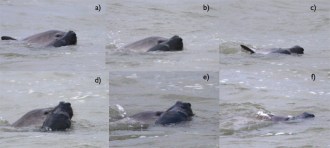 Animals
AnimalsGray seals snack on harbor porpoises
Photo evidence confirms seals' fatal attacks on harbor porpoises in the English Channel, suggesting that declines in the seals' usual fare are forcing the animals to seek out other high-energy food.
-
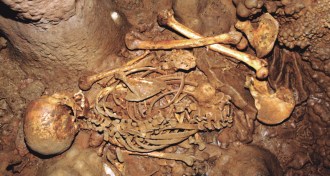 Genetics
GeneticsStone Age Spaniard had blue eyes, dark skin
Genetics of 7,000-year-old skeleton suggests blond hair, pale skin came later.
-
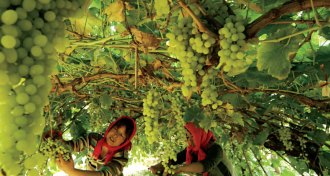 Climate
ClimateGrape expectations
Global warming has delivered long, warm growing seasons and blockbuster vintages to the world’s great wine regions. But by mid-century, excessive heat will push premium wine-making into new territory.
By Susan Gaidos -
 Earth
EarthLife’s early traces
Tiny tufts, rolls and crinkles in 3.5-billion-year-old rocks add to a growing body of evidence suggesting that cellular life got a relatively quick start on Earth.
By Meghan Rosen -
 Life
LifeHow to tell good gut microbes from bad
Researchers sort out influences of specific bacteria on body fat, the immune system.
-
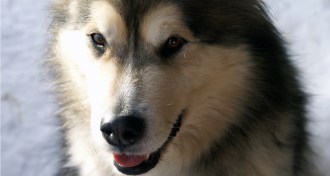 Health & Medicine
Health & MedicineAncient history of canine cancer decoded
A contagious cancer has been plaguing dogs for 11,000 years, a new genetic analysis reveals.
-
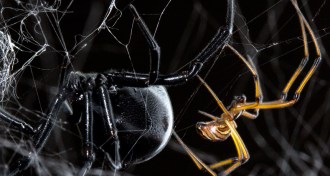 Animals
AnimalsAnimals were the original twerkers
From black widow spiders to birds and bees, shaking that booty goes way back.
-
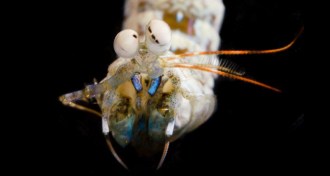 Animals
AnimalsMantis shrimp’s bizarre visual system may save brainpower
The mantis shrimp sees each color separately with one of a dozen kinds of specialized cells, a system that may help the animal quickly see colors without a lot of brainpower.